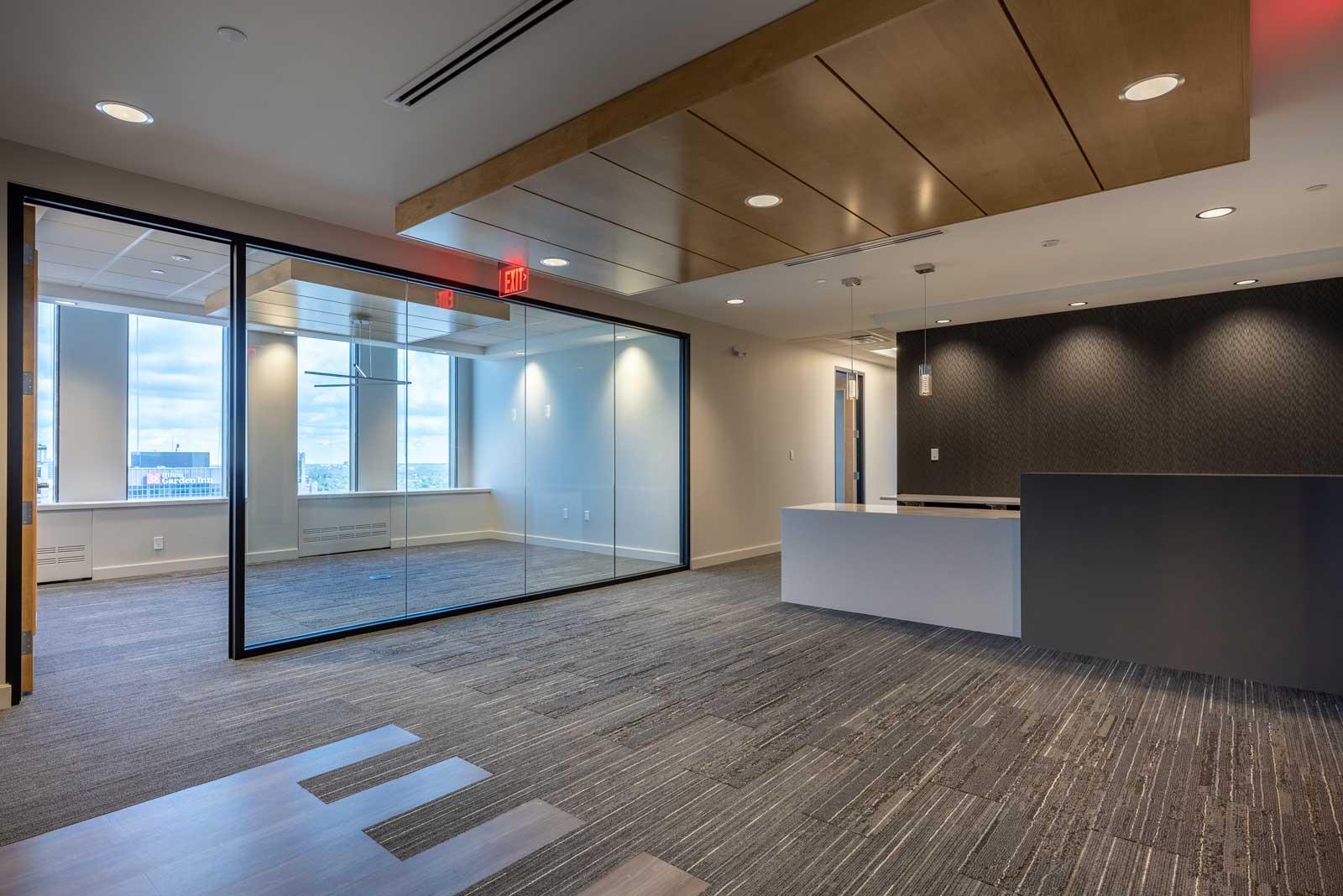How to Choose the Right Office Space as a Startup (Without Wasting Budget)

Choosing office space is one of a startup's most significant early decisions. It’s more than just picking a workplace—it’s about creating an environment that supports your growth, brand, and budget. And if you get it wrong? You could be stuck with a space that drains your cash, frustrates your team, or limits your flexibility. This guide is here to help you make a wise, confident choice.
1. Do You Actually Need Office Space Yet?
Not every startup needs office space right away. If your team is remote, iou rarely meet clients in person, or your budget is razor-thin, it might make sense to wait. But here are signs it’s time:
- Your team struggles with collaboration remotely
- You’re outgrowing your coworking space or home office
- Clients visit regularly, and image matters
- You need a consistent, professional setup to build culture
Ask yourself: Will a physical space help us grow faster or serve better?
2. Know What You’re Really Paying For
Office rent is just the beginning. Be sure to understand:
- Base rent per square foot
- Operating expenses (CAM, utilities, property tax, insurance)
- Parking costs
- Build-out or furniture expenses
Request a full breakdown before you sign. A space that seems cheaper may have hidden costs.
3. Size Matters (But Not Like You Think)
Startups often overestimate their space needs. A good rule of thumb is 125–250 sq ft per person, depending on the layout.
Ask:
- Can we start smaller and expand later?
- Are we paying for unused conference rooms or hallways?
- Will our headcount double in 12 months?
Look for buildings that offer flexible floor plans or shorter lease terms to reduce risk.
4. Location Isn’t Just About Zip Code
Yes, you want to be downtown. But why?
Think about:
- Commute for your team (bike, walk, drive, transit)
- Proximity to partners or clients
- Safety, dining, walkability
- Access to parking (a big issue in Buffalo)
Also consider brand perception: Will this building impress clients or recruits?
5. Ask About Build-Outs and Customization
Startups often need unique setups. Ask:
- Can we paint, add branding, or modify walls?
- Who pays for renovations?
- Is there a tenant improvement (TI) allowance?
Look for landlords who understand startup needs and are flexible during build-outs.
6. Watch Out for These Common Startup Mistakes
- Signing a lease that’s too long (you might grow—or shrink—fast)
- Underestimating costs (especially operating expenses)
- Choosing a space that’s too big "just in case"
- Failing to negotiate options like early exit or renewal flexibility
- Not asking for parking discounts or shared amenities
7. Where to Look in Downtown Buffalo
Downtown Buffalo has some excellent startup spaces—if you know where to look. At Main Place Liberty Group, we offer:
- Flexible office sizes for growing companies
- Build-out support to help you customize your space
- Historic and modern buildings with unique character
- Ample underground parking right on-site
- Incredible views and signage options to boost brand presence
Whether you need space for three people or 30, our buildings offer the flexibility, access, and image that startups need.
Final Thoughts: Your Office Should Work as Hard as You Do
Don’t let your office space become a liability. Choose a location and layout that supports your work style, makes your team proud, and gives you room to grow without locking you into something that stunts your agility.
When you’re ready to explore options, let’s talk. We’ll help you find a space that fits your vision and budget.
→ Schedule a tour or explore available startup-ready spaces at Main Liberty
